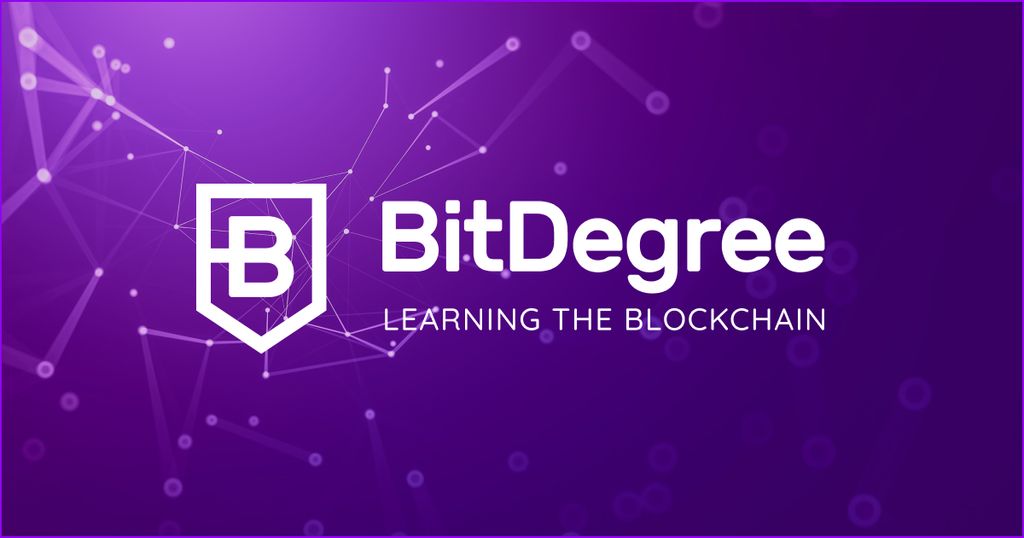Play AI raises $4.3 million in seed funding to build modular chain for gaming AI

Key Takeaways
- Play AI has secured $4.3 million in Seed funding to develop pioneering middleware for AI models and agents in gaming.
- By encouraging users to share gameplay data through the Play Collective platform, Play AI not only rewards gamers for their contributions, but also leverages this data to construct and train AI models and agents.
- Existing methods of accessing game data and AI models are fraught with limitations, including high resource requirements, privacy concerns, and lack of transparency.
Play AI, a modular chain for gaming AI, has raised $4.3 million in a Seed funding round to build middleware for gaming AI models and agents. The seed funding round valued Play AI at $70 million.
The platform aims to provide developers with: Enhance gaming content creation by leveraging best-in-class gaming data and tools. The platform will also reward users for their gameplay through data contributions. Play AI introduces a new monetization method for gamers around the world, allowing them to contribute and profit from their gameplay data.
Operating in stealth mode for the past three months, Play AI has attracted the attention of several institutional investors, including P2 Ventures, Jump Crypto, Alphawave, Zentry, MH Ventures, Tykhe Block Ventures, and several angel investors. These organizations are coming together to support the company’s unique vision to advance AI adoption in gaming.
Play AI provides incentives to gamers. We share gameplay data through the Play Collective platform. This data is then leveraged to construct and train AI models and agents based on the behavior and engagement of high-ranking players. These models and agents will then be made available on Play AI’s Game Agent Marketplace, allowing developers to quickly and cost-effectively integrate a variety of AI models into their game titles.
Why is it important? In recent years, gaming companies have increasingly leveraged AI to create more responsive, auto-generated environments and NPCs that dynamically adapt to each player’s decisions. An important aspect of enabling this evolution has been the existence of a marketplace to procure real-world data from top players that can be leveraged throughout the game to improve and personalize the game narrative. However, developers have struggled with centralized systems that impose inherent limitations, require significant computing resources, raise privacy concerns, lack transparency, and are vulnerable to censorship.
Play AI’s ecosystem is designed to overcome these challenges, Provides game developers with the tools they need to create immersive, real-time experiences tailored to player preferences and skill levels.
Play AI’s services are diverse. Play Markets serves to securely aggregate and validate user gameplay data while creating a marketplace for gaming data sets. Play Dojo provides a sandbox where developers can train gaming AI agents leveraging distributed computing and trustless evaluation. Our SDK, Play Hub, facilitates the integration of gaming AI agents, allowing gamers to rank and earn rewards. In particular, Play AI is powered by Actively Verified Services (AVS) at the Eigen Layer, where Play nodes are deployed for the verification process.
- “Artificial intelligence is the future of gaming and virtual worlds, but development costs and complexity have long hindered widespread adoption,” said Ramees, CEO of Play AI.
- “By simplifying distribution and providing incentives, we are heralding a new era in gaming. Any developer can seamlessly integrate AI elements such as non-player character (NPC) agents, auto-generated worlds, automated dialogue, and story trees. You can get it by using a variety of pre-trained models or by requesting a network,” Ramees explained.
To join Play Collective today and unlock exclusive rewards, interested individuals can visit Collective.Playai.network.
Also Read: Puffverse Raises $3 Million in Funding to Expand NFT-Based Gaming Universe



